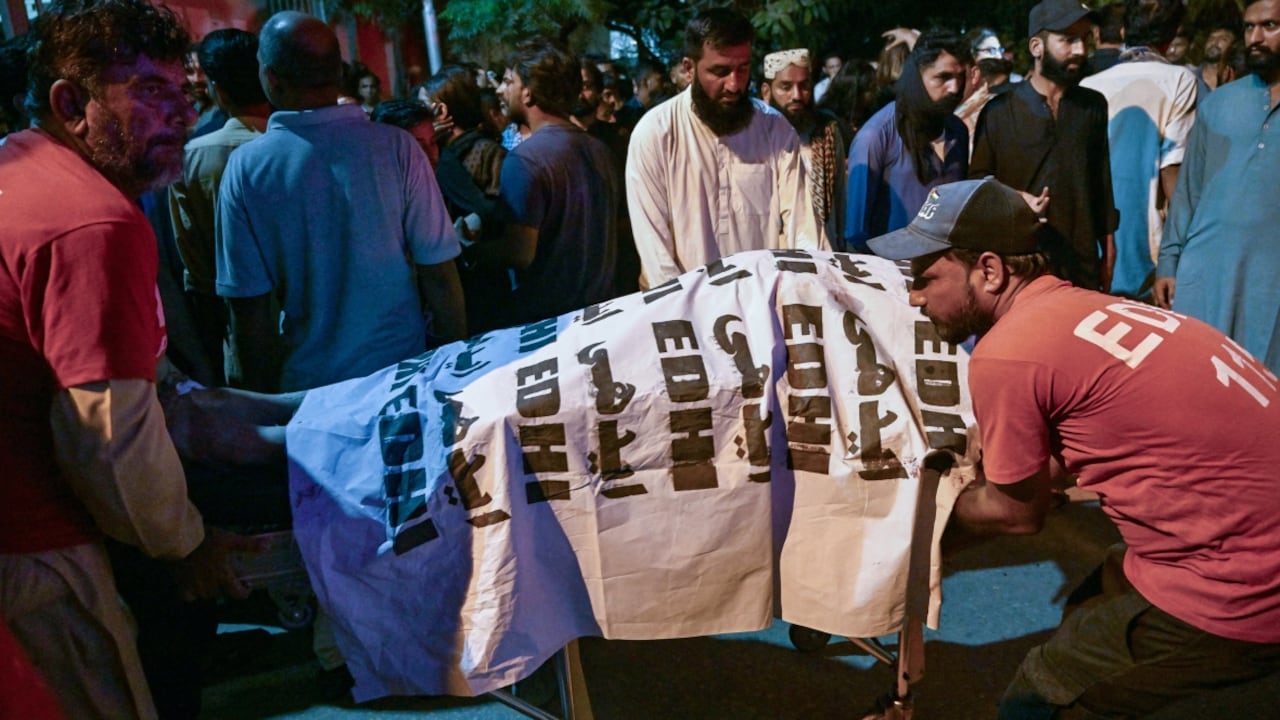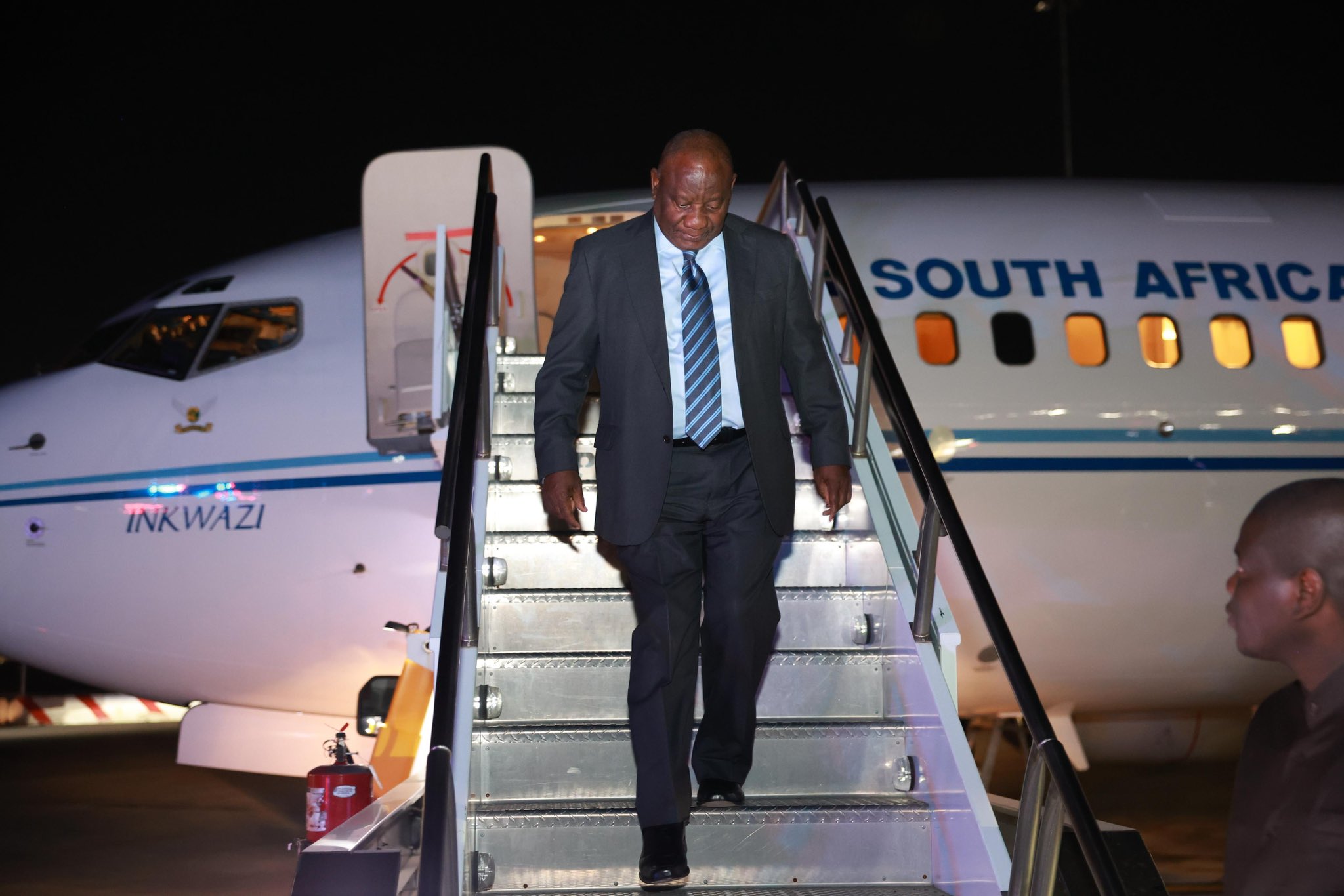Afghanistan Under Digital Lockdown: Taliban Imposes Nationwide Internet Blackout
On Monday, the Taliban authorities in Afghanistan enforced a nationwide internet shutdown, cutting off millions from online communication and essential digital services. This drastic measure, confirmed by internet monitoring groups such as NetBlocks and Cloudflare, has paralyzed daily life and sparked international concern.
The Blackout: Scope and Impact
The internet shutdown began gradually on Monday, intensifying until a complete telecommunications blackout was achieved. Mobile and broadband internet services, along with telephone networks, were disrupted. Flightradar24 data showed multiple flight cancellations at Kabul airport, and essential services like banking, online education, and even hospital operations were affected.
- Disruption of mobile and fixed-line services.
- Cancellations of flights at Kabul International Airport.
- Impairment of banking, payment systems, and essential public services.
- Shutdown of Afghan media outlets’ satellite TV broadcasts.
The shutdown prevented news agencies such as Associated Press (AP) and AFP from contacting their bureaus in Kabul.
Taliban's Rationale: Curbing "Immorality"
The Taliban has not issued an official statement, but reports suggest the move aims to combat online "immorality." Earlier in September, the Taliban blocked fiber optic connections in several provinces, citing similar concerns. According to Haji Attaullah Zaid, a spokesperson for the Balkh provincial administration, the initial measures were "taken to prevent immorality," with plans for a domestic alternative.
Some analysts believe the Taliban is also concerned about external perceptions of their rule and the potential for Western powers to track their leaders using smartphones.
International Condemnation and Consequences
The United Nations Assistance Mission in Afghanistan (UNAMA) urged the immediate restoration of internet services, highlighting the blackout’s "far-reaching consequences" for financial systems, aviation, medical care, and humanitarian efforts. The shutdown coincides with recent earthquakes and mass returns of refugees, compounding the challenges.
"Internet shutdowns have been shown to put lives at risk." - UNAMA
Humanitarian organizations are struggling to maintain operations. Indrika Ratwatte, the UN’s humanitarian coordinator, described the situation as “very dire,” forcing the agency to rely on radios and satellite links.
Afghan Voices Silenced
The internet blackout has profound social and economic consequences, especially for women and girls. With access to education severely restricted, online courses were a crucial resource. Activists like Sofia Ramyar lament the "digital dark zone" the shutdown has created, isolating people and silencing voices.
Nilofar Ayoubi, a journalist and activist, expressed her frustration, stating that she was unable to contact her mother. Many Afghans inside and outside the country are experiencing similar challenges. The internet ban isolates the Afghan population from the rest of the world.
Long-Term Implications
Experts fear that Afghanistan's digital isolation will deepen, further damaging its struggling economy and forcing Afghans out of work. The move also undermines efforts to gain international recognition and assistance.
Abdullah Khenjani, head of the political bureau of the National Resistance Front of Afghanistan, denounced the Taliban's "backwardness and anti-intellectualism," emphasizing the regime’s intent to restrict information flow.
| Impact Area | Consequence |
|---|---|
| Communication | Severely limited contact with the outside world. |
| Economy | Disruptions to banking, e-commerce, and businesses. |
| Education | Cut off access to online learning, particularly for women and girls. |
| Humanitarian Aid | Hindered relief efforts and coordination among responders. |
 Visit the website
Visit the website






)